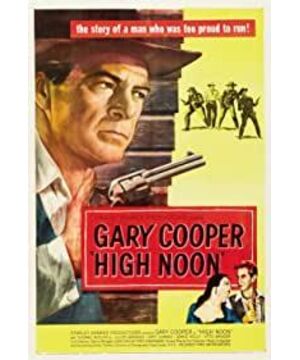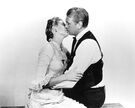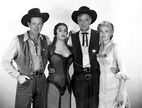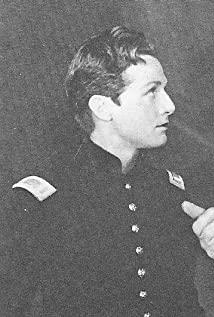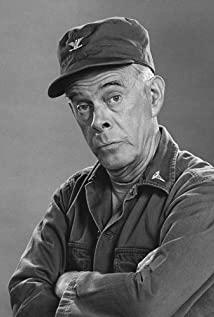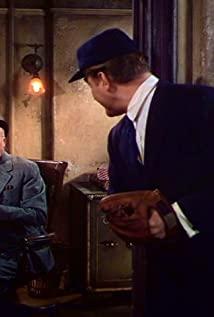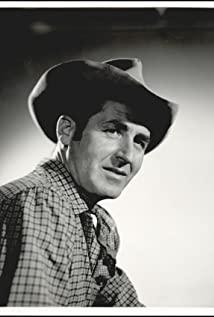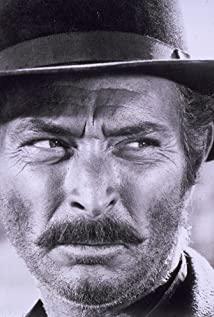In fact, the focus of this film is on the reactions of various people in the town to Huang Tianba's return before the arrival of the train.
The thief was released and returned to his hometown. The sheriff and judge who arrested him and jailed him must be the target of revenge. After leaving the town, the sheriff finally decided to return to the town and continue to seek peace for the town. Unexpectedly, he did not find any companions who could help him, except for a fourteen-year-old boy. All town residents choose to be on the sidelines. Even when the thief came down to the bar to buy wine, he greeted him warmly.
One of the most brilliant scenes in the film is that the sheriff is looking for help everywhere, but he can't get any help in the end. He stands alone in an empty street and wipes the sweat from his forehead. I don't want to comment too much on the sheriff's personal journey and performance details. In fact, what the director really wanted to express at this time was the way the people behaved. People are usually insensitive and consider more of their immediate gains and losses.
Decades later, Jiang Wen decided to throw the gun in front of them, but after shouting back and forth several times, no one followed him to beat the bully Huang Shilang. Finally, after looking at the dozens of geese that followed instead of the people's army, Jiang Wen finally said the most important sentence: "Understood, whoever wins will be with whom".
This is the true expression of the populace even in the face of oppressive rule. It's worth thinking about by all who are interested in this, and
don't have to wonder why the gunfight scene is so weak,
because,
in fact, it is really a political movie.
Ps. Grace Kelly is so beautiful it's mind blowing. . .
View more about High Noon reviews


